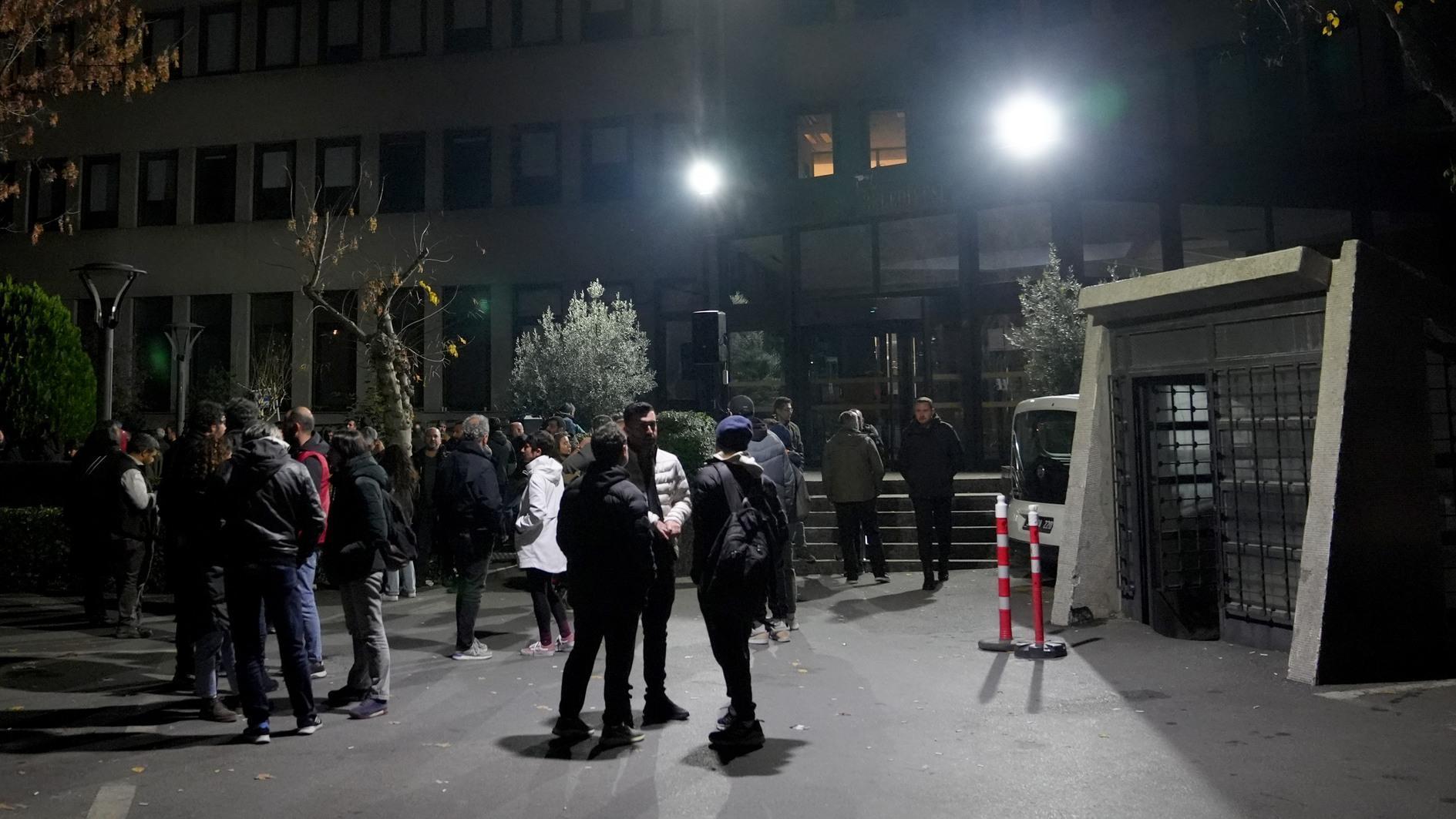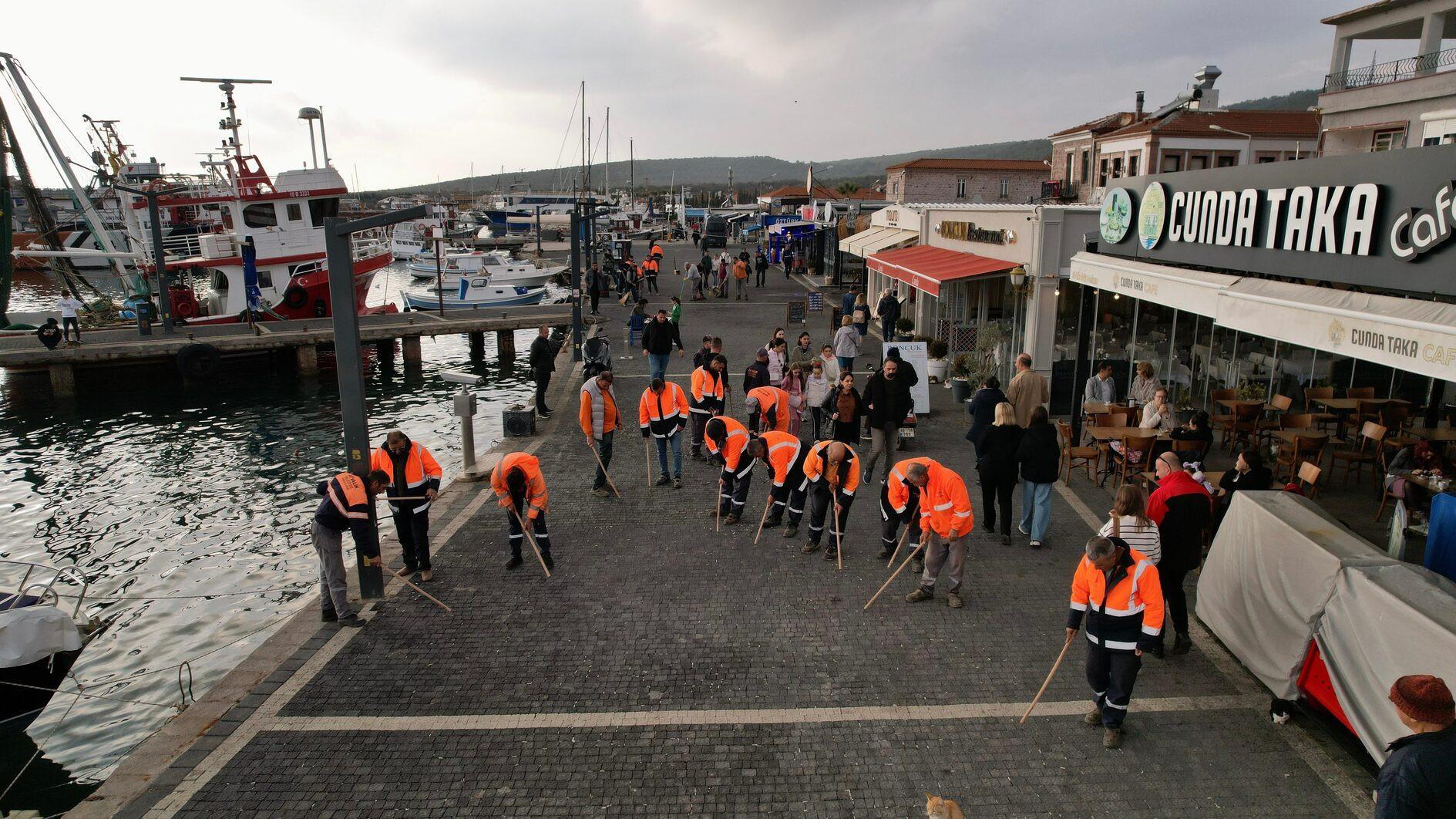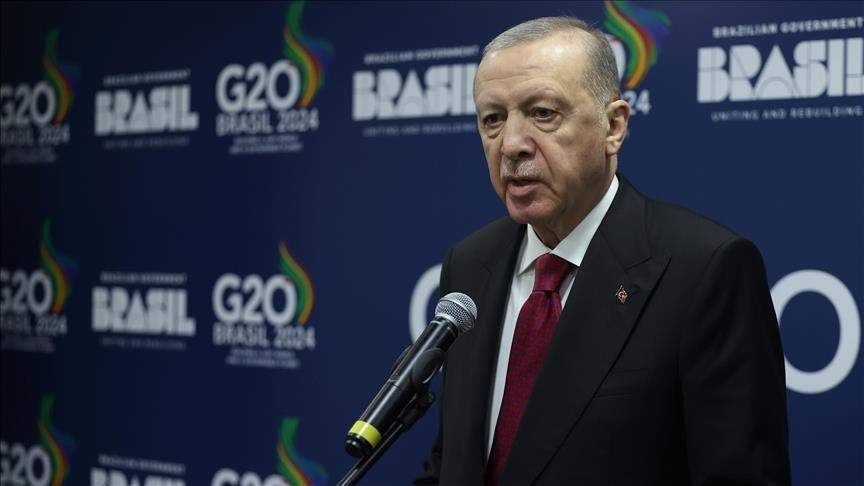G8: Energy investment ’necessary’ inspite of crisis
Agence France-Presse
"The current financial and economic crisis must not delay investments and programmed energy projects which are essential to economic recovery," the ministers said in a joint statement."We urge governments and energy companies to adopt a long-term view in planning their investments in energy infrastructures," the ministers said.
On Monday, the International Energy Agency, or IEA, said falling oil prices, tight credit markets and slumping demand had prompted oil producers to delay or scrap 170 billion dollars worth of investments.
IEA chief economist Fatih Birol was quoted as saying by France’s specialist Petrol Industry Bulletin that oil investment was hit hardest in North America and the North Sea. "We stress the need to define and share long-term scenarios on energy policy with the aim to increase transparency and reduce volatility in the energy markets," the G8 energy ministers said.
They urged improvement in "regulatory frameworks as an essential prerequisite for well-functioning energy markets and for reducing investment risks and uncertainties," the statement said. The statement was initialed by the European Commission and the energy ministers of 15 countries -- Brazil, China, India, Mexico, South Africa, Egypt, South Korea, Saudi Arabia, Algeria, Australia, Indonesia, Libya, Nigeria, Rwanda and Turkey.
Earlier Monday, the head of the Italian oil group ENI said price volatility discouraged investment by creating "a huge climate of uncertainty for the oil sector and all other energy sectors."
The uncertainty "sets the stage for the next price increase," chief executive Paolo Scaroni told a press briefing. Falling from an all-time high of 147.50 dollars a barrel in July 2008 to 32.40 dollars in December, oil prices have gradually recovered to around 60 dollars.
Scaroni said ENI had proposed the creation of an international oil agency that would stabilize the price of crude and compensate producing countries when prices fall too low.
The agency "would bring together consumers and producing countries," Scaroni said, adding: "The sector needs a kind of watchdog."
Scaroni, who acknowledged that the idea was "very ambitious," said it had "sparked interest" among the G8 ministers here as well as among member states of the Organization of Petroleum Exporting Countries, or OPEC, to whom he pitched the plan in March.
The new agency would generate a "stabilization fund" that would guarantee a minimum income level for producing countries "when prices fall too low," Scaroni said.
















